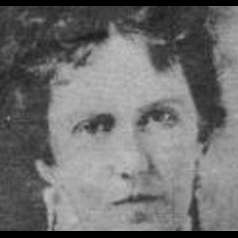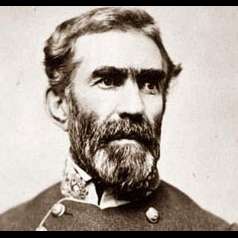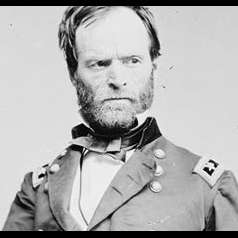Born in 1846, Nannie Haskins was 16 when she began recording life under Federal occupation in Clarksville, Tennessee. Her diary is an invaluable source on life under occupation and its effect on this prominent family. Edward Branch Haskins, the family patriarch, was a doctor, and the family’s social and political rank was well established. Nannie studied French, music, and literature at the Clarksville Female Academy. Haskins’ brothers Ben and Robert served with the Confederate Army. When news of the overwhelming Federal victory at Fort Donelson reached Clarksville in February 1862, citizens reacted with unmitigated panic. “The wounded were being brought up. They were to be attended too—a great many died on their way up here, who were buried. The citizens were running. There were already two hospitals here which were filled with the sick,” wrote Nannie. The cries of the wounded from an improvised hospital near their home filled the night air. The family had great interest in the Fort Donelson wounded, as Robert served there. He was taken prisoner with thousands of others and sent to a northern prison where “he languished and died.” After Fort Donelson fell, Federal forces began a three-year occupation of Clarksville. Nannie’s description of the Federal soldiers reflect her unabashed hatred. Of the Naval boats on the Cumberland River, easily visible from their home, Nannie wrote, “Those hateful gun boats! They look like they are from the lower regions. […] Poor cowards, I can just turn my head now and see them crawling about on the boats like so many snakes.” She described seeing Federal troops in the streets: “Never see a Yankee by what I roll my eyes, grit my teeth, and almost shake my fist at them, and…turn away in disgust—God save us!” The site of armed African American soldiers stationed nearby also enraged her. After the war, Nannie married widower Henry Williams. They had six children, in addition to four children Williams brought with him into the marriage. She dedicated her life to raising her family and never again referenced the war in the diary she kept until 1890.
Tools
Key Facts
- Her diary is invaluable source on life under 3-year Union occupation of Clarksville







